Academic colleagues, could you please consider completing the online survey (it will take around 20-30 minutes to complete). It can be found at https://nzapiks.com/ and here (for a link direct to the survey). Do tell your colleagues too. The survey will be open until 2 March
The project investigates the working lives of academic staff in universities around the world, and the team is seeking the participation of all academics in all eight New Zealand universities. Academics are crucial sites of agency within universities, with the ability to shape disciplinary boundaries and contribute to NZ’s ‘knowledge society’, but they are often neglected in research on the future of tertiary education. By asking about the experiences, satisfaction, and wellbeing of the varied people who teach and research in New Zealand universities, we can better understand what might attract academic staff to come to and stay in New Zealand universities, and what university workplaces might do to better alleviate the stress levels of their employees.
This research builds on the 2018 book by Kathryn, Early Career Academics in New Zealand, expanding to include academics at all levels in NZ universities. The more academic staff who complete the survey, the more robust the data set will be for national analysis and international comparison.
For more information on the research and the research team, click here.
You can contact the research team by email at [email protected] or the lead researcher, Associate Professor Kathryn Sutherland, by email [email protected] or phone (04 463 5795).

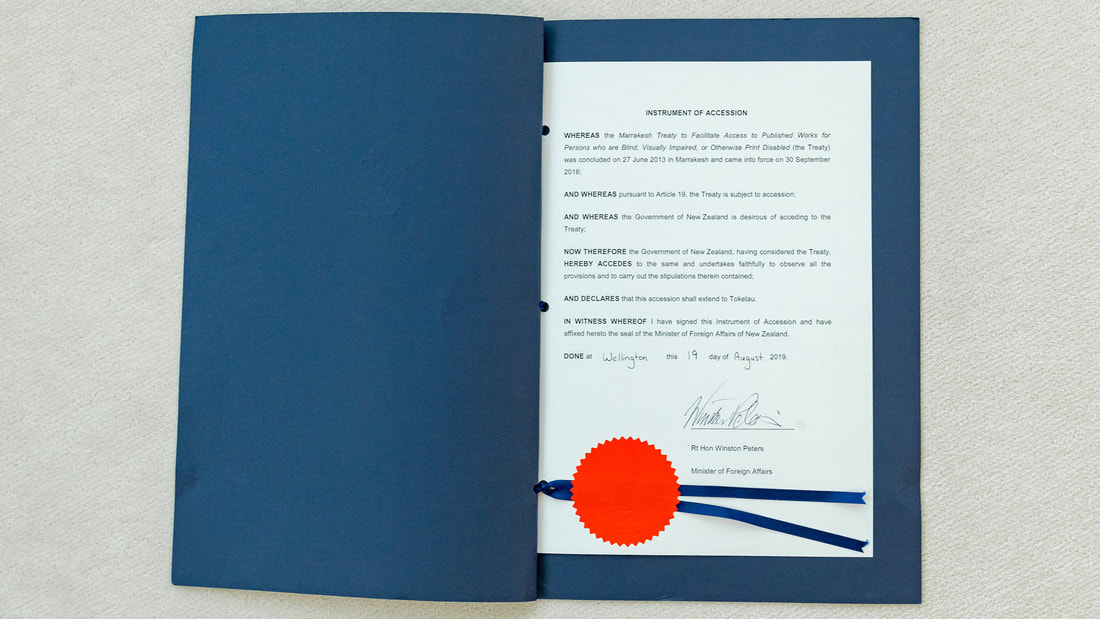
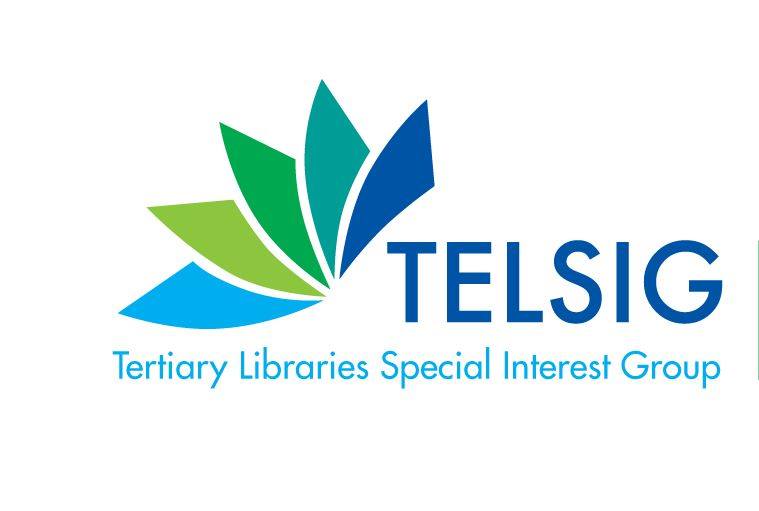
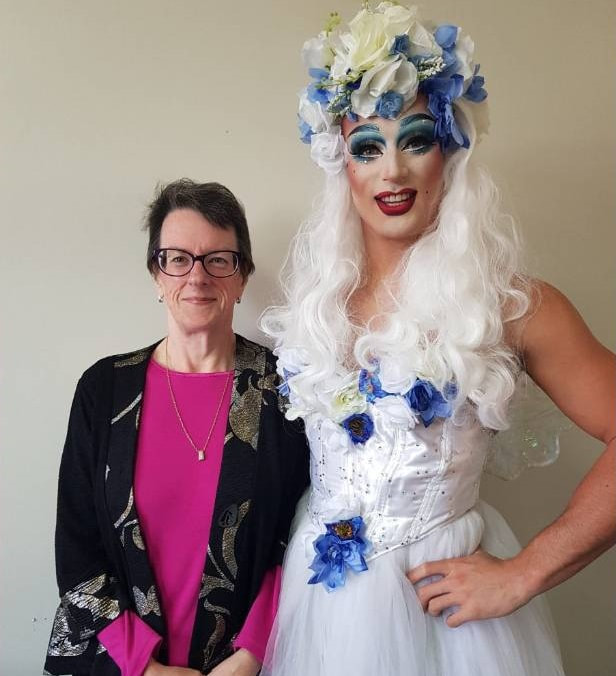

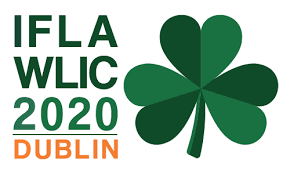
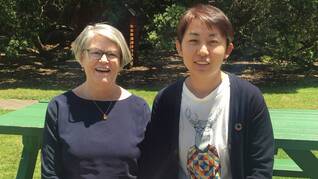
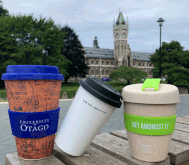
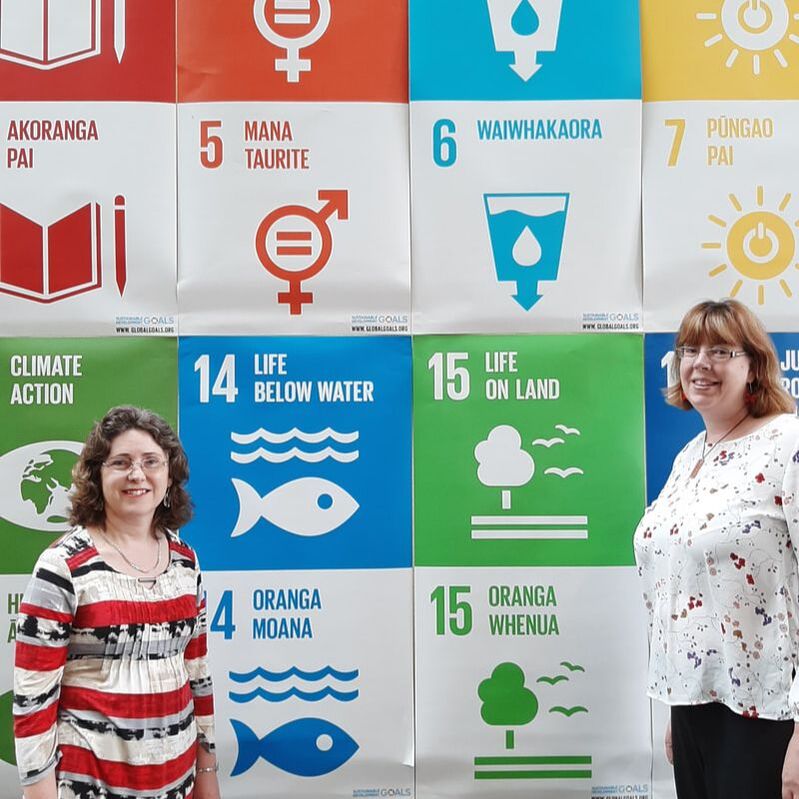
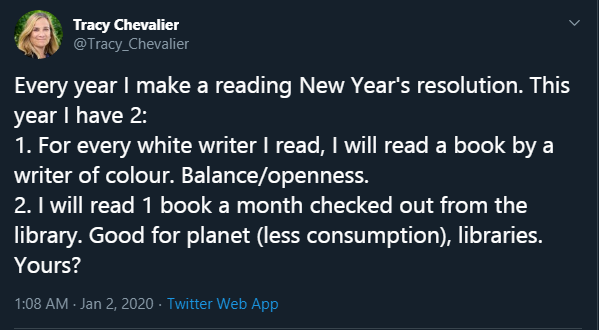

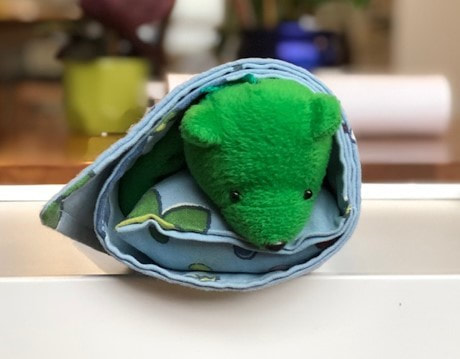

 RSS Feed
RSS Feed